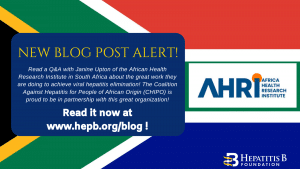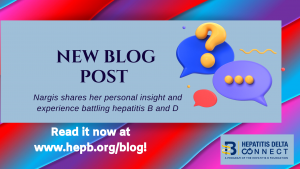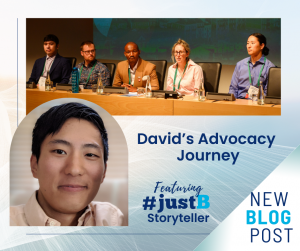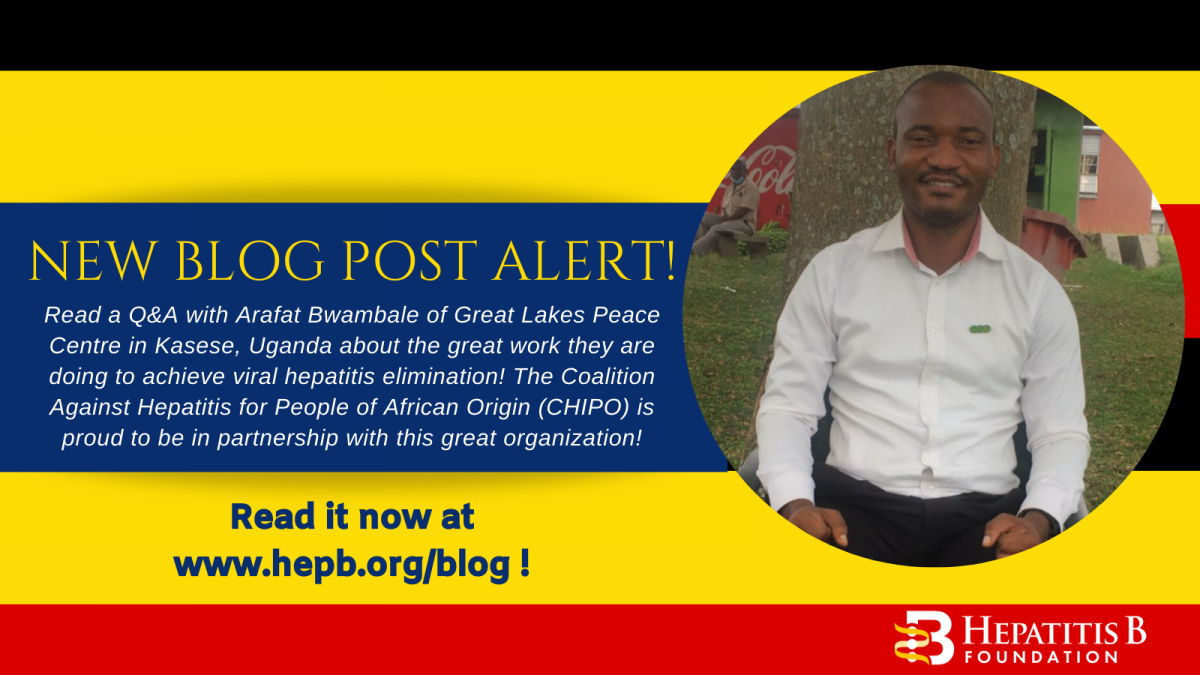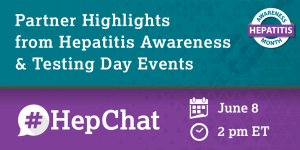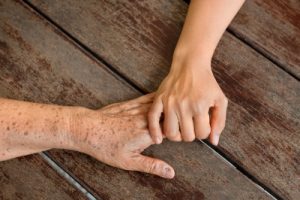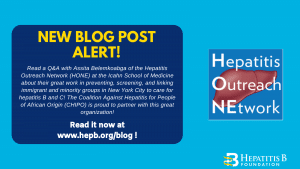
The Coalition Against Hepatitis for People of African Origin (CHIPO) is a national community coalition that is led by the Hepatitis B Foundation and is composed of organizations and individuals interested in addressing high rates of hepatitis B infection among African communities globally. Over the past year, CHIPO has grown its membership to include over 70 community-based organizations and federal agencies, all of which are working to raise awareness about hepatitis B among African immigrant communities, and increase rates of screening, vaccination, and linkage to care. This month, we are excited to highlight the work of one of our partners, the Hepatitis Outreach Network (HONE) at the Ichan School of Medicine at Mount Sinai Hospital in New York City, and their Project Coordinator, Assita Belemkoabga. Please enjoy a recent interview with Assita, as she describes her work, including successes and challenges, the positive impacts she and HONE have had, and hopes for the future.
Could you please introduce yourself and your organization?
My name is Assita Belemkoabga, and I am the Coordinator for the Hepatitis Outreach Network (HONE) at the Icahn School of Medicine at Mount Sinai. HONE focuses on hepatitis B and C prevention, screening, and linkage to care for immigrant and minority groups in New York City (NYC) for chronic hepatitis B and C. The goals of our organization are: raising awareness and providing education on hepatitis B and C; providing free comprehensive screening for hepatitis B and C, and ALT levels; and connecting people who have completed screening to healthcare services, including vaccination and treatment. My focus is providing HONE services in the African community.
Could you tell me a little bit about what some of HONE’s programs are that specifically address hepatitis and other health concerns in African communities?
The HONE program provides hepatitis B and C screening in the community and connects individuals who test positive or require vaccination to medical care and treatment.
In addition to screening, we also provide culturally sensitive hepatitis B educational presentations which are tailored to specific communities, educating them about transmission, symptoms, treatment options, and prevention. We also do outreach in African, Russian, Chinese and Hispanic communities and foster partnerships with community organizations, places of worship, and leaders to maximize our reach and create awareness. We provide programs in a variety of languages including English, French, Spanish, Mandarin and Russian. In the communities we serve there are many people without health insurance, thus making HONE a viable option for many people.
Which countries are primarily represented in the African diaspora that HONE serves?
The HONE program has expanded significantly since its beginning as a research study focused on West African and Asian communities. In the African community, our outreach efforts have not targeted any specific nationalities, but through faith-based organizations (FBOs) we see individuals of various nationalities. This year alone, we have engaged individuals from numerous countries, including Senegal, Burkina Faso, Togo, Ghana, Gambia, Mauritania, Ivory Coast, and Guinea.
What are some of the biggest challenges in addressing hepatitis and other health concerns at the community level? How have you worked to overcome these? Are there any additional resources that would be helpful to have?
I have identified three primary barriers to effective health education and outreach from my experience. Firstly, linguistic barriers pose a significant challenge, as many community members may not speak English or French fluently. Secondly, stigma and mistrust towards the healthcare system affect our efforts to engage community members in health education and screening. Lastly, socio-economic factors often take priority over health concerns, leading some individuals to prioritize work over preventive measures.
To overcome these challenges, community leaders play a vital role in explaining the importance of our program and the benefits of screening. We are also fortunate to have volunteers who assist with on-the-spot translation. However, having access to additional volunteers or health educators who speak one or two major African dialects would be incredibly valuable in helping us better serve our community.
What are your favorite parts about your job? What got you interested in this work?
I truly enjoy the sense of fulfillment that comes with making a positive impact in people’s lives. In my role, I have the opportunity to connect with people from diverse backgrounds and provide support, resources, and education that can significantly improve their health and well-being.
What drew me to this work is the desire to address health disparities and promote health equity, particularly in the African immigrant community that I am part of. Seeing the tangible difference our efforts make in people’s lives is incredibly rewarding. Whether it is helping someone access life-saving treatment, providing education on disease prevention, or simply being a listening ear, I know that my work is making a real difference. That’s what motivates me to continue doing this work.
Any other thoughts or ideas you’d like to share for improving health and closing health disparities among African immigrant communities in the US?
Through my experience working with HONE, I have had the opportunity to connect with other organizations doing similar work. Building on this network, I encourage us to continue efficient outreach and providing tailored education.
Our program at HONE has successfully streamlined the care process: Participants are able to receive a comprehensive initial visit within two weeks of their viral hepatitis B or C diagnosis. The initial visit with a gastroenterologist includes consultation, blood work, Fibroscan, and ultrasound. Expanding this model to a wider audience would be a significant step forward in addressing viral hepatitis disparities in our community.
Thank you so much for taking the time to speak with me today and for sharing more about the great work HONE has done and will continue into the future!



